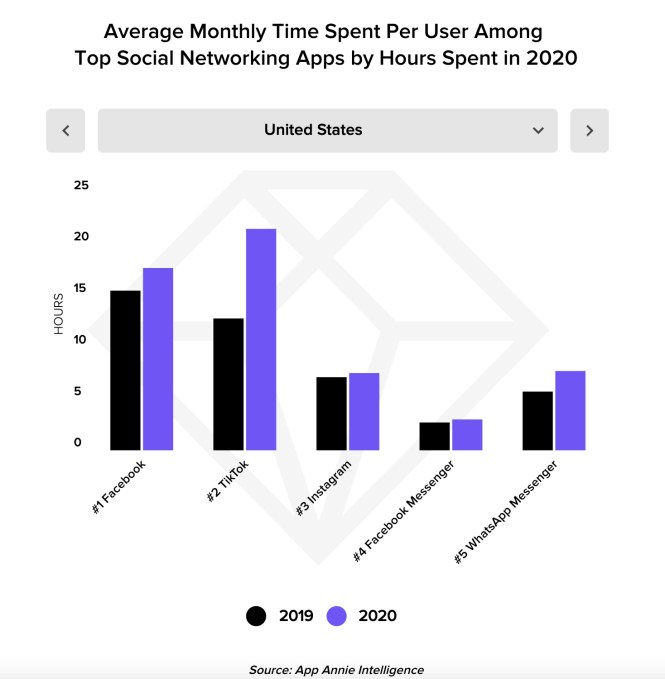Summer is still technically in session, but a snowball is slowly developing in the world of apps, and specifically the world of in-app payments. A report in Reuters today says that the Competition Commission of India, the country’s monopoly regulator, will soon be looking at an antitrust suit filed against Apple over how it mandates that app developers use Apple’s own in-app payment system — thereby giving Apple a cut of those payments — when publishers charge users for subscriptions and other items in their apps.
The suit, filed by an Indian non-profit called “Together We Fight Society”, said in a statement to Reuters that it was representing consumer and startup interests in its complaint.
The move would be the latest in what has become a string of challenges from national regulators against app store operators — specifically Apple but also others like Google and WeChat — over how they wield their positions to enforce market practices that critics have argued are anti-competitive. Other countries that have in recent weeks reached settlements, passed laws, or are about to introduce laws include Japan, South Korea, Australia, the U.S. and the European Union.
And in India specifically, the regulator is currently working through a similar investigation as it relates to in-app payments in Android apps, which Google mandates use its proprietary payment system. Google and Android dominate the Indian smartphone market, with the operating system active on 98% of the 520 million devices in use in the country as of the end of 2020.
It will be interesting to watch whether more countries wade in as a result of these developments. Ultimately, it could force app store operators, to avoid further and deeper regulatory scrutiny, to adopt new and more flexible universal policies.
In the meantime, we are seeing changes happen on a country-by-country basis.
Just yesterday, Apple reached a settlement in Japan that will let publishers of “reader” apps (those for using or consuming media like books and news, music, files in the cloud and more) to redirect users to external sites to provide alternatives to Apple’s proprietary in-app payment provision. Although it’s not as seamless as paying within the app, redirecting previously was typically not allowed, and in doing so the publishers can avoid Apple’s cut.
South Korean legislators earlier this week approved a measure that will make it illegal for Apple and Google to make a commission by forcing developers to use their proprietary payment systems.
And last week, Apple also made some movements in the U.S. around allowing alternative forms of payments, but relatively speaking the concessions were somewhat indirect: app publishers can refer to alternative, direct payment options in apps now, but not actually offer them. (Not yet at least.)
Some developers and consumers have been arguing for years that Apple’s strict policies should open up more. Apple however has long said in its defense that it mandates certain developer policies to build better overall user experiences, and for reasons of security. But, as app technology has evolved, and consumer habits have changed, critics believe that this position needs to be reconsidered.
One factor in Apple’s defense in India specifically might be the company’s position in the market. Android absolutely dominates India when it comes to smartphones and mobile services, with Apple actually a very small part of the ecosystem.
As of the end of 2020, it accounted for just 2% of the 520 million smartphones in use in the country, according to figures from Counterpoint Research quoted by Reuters. That figure had doubled in the last five years, but it’s a long way from a majority, or even significant minority.
The antitrust filing in India has yet to be filed formally, but Reuters notes that the wording leans on the fact that anti-competitive practices in payments systems make it less viable for many publishers to exist at all, since the economics simply do not add up:
“The existence of the 30% commission means that some app developers will never make it to the market,” Reuters noted from the filing. “This could also result in consumer harm.”
from Android – TechCrunch https://ift.tt/3yGuQC9
via IFTTT




